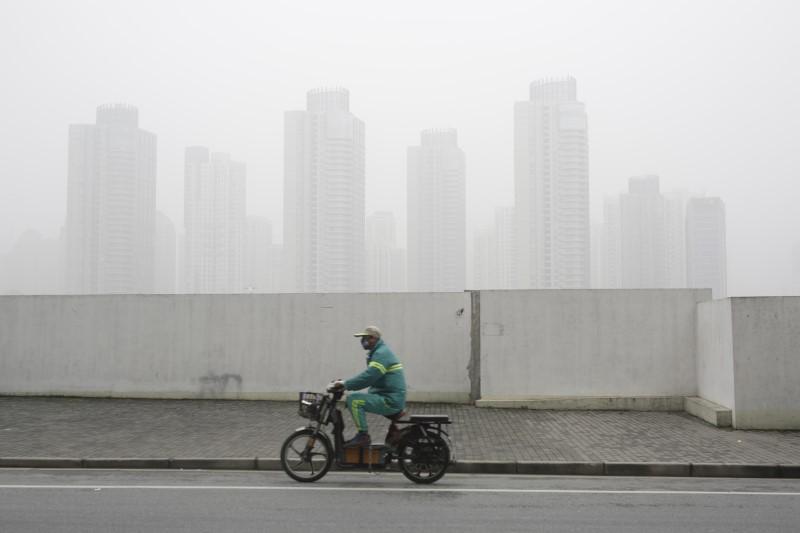BRUSSELS—EU governments voted on Dec. 18 to impose duties on Chinese electric bicycles to curb cheap imports that European producers say benefit from unfair subsidies and are flooding the market, EU sources familiar with the case said.
The European Commission, which is investigating on behalf of the 28 EU members, has proposed that definitive or final tariffs of between 18.8 and 79.3 percent should apply for all e-bikes coming from China.





